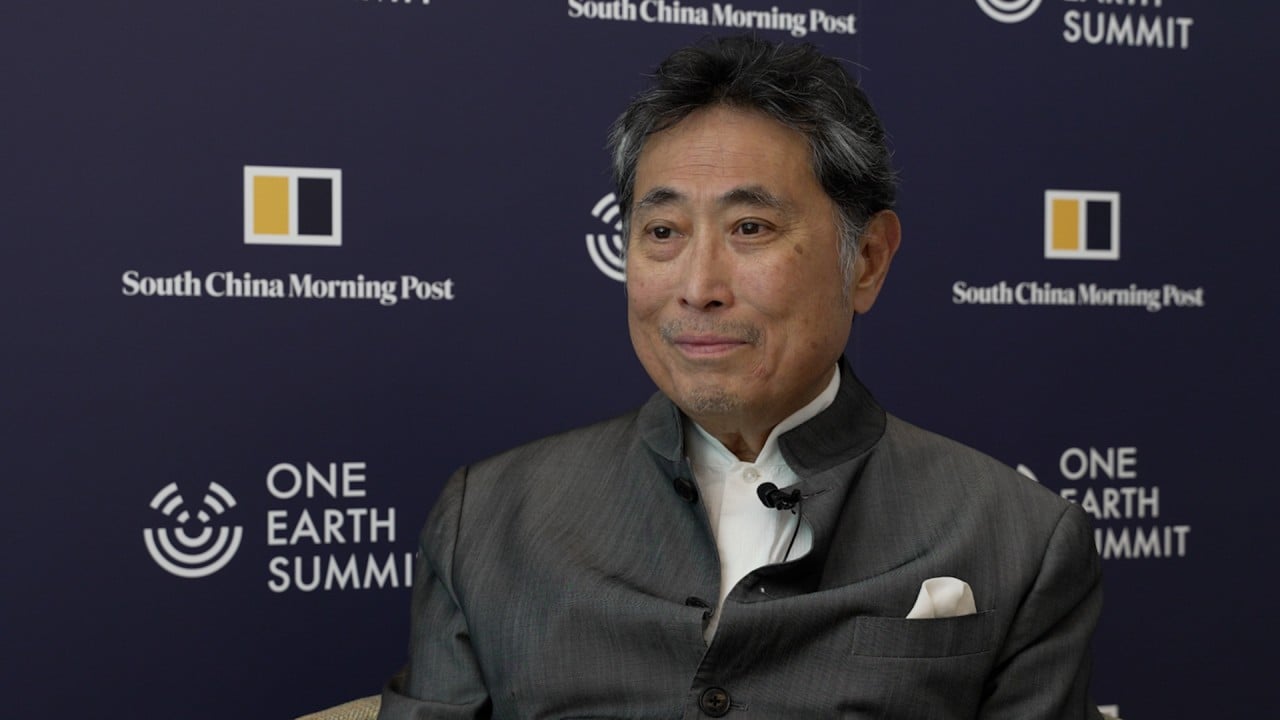
Asian family businesses must embrace sustainability to enhance their legacy, says chairman of IMC Pan Asia Alliance Group
- Family businesses should promote sustainability as it will benefit their succession planning, says Chavalit Frederick Tsao
- He is eyeing investment opportunities in the infrastructure sector in Indonesia, and Japan’s wellness and hospitality sectors
“Now, here’s an opportunity for us to do all of them in one and be the legacy.”
Born in Hong Kong, Tsao is the fourth-generation executive of the 120-year-old business his family established. Singapore-headquartered IMCPAA has expanded from being a shipping giant to a company that supports business sustainability and the “flourishing of life”, according to its website.
The group comprises multiple businesses, including shipping, investments, real estate, well-being and hospitality.
“In this era, it is about management and also creativity. So every organisation, every institute needs to transform,” Tsao said.
“We created a group 15 years ago to focus on the well-being era; the type of business we need to create … is in health.”
He said this focus on well-being stretches beyond individuals, families and company to humanity and the Earth.
One example of IMCPAA’s wellness venture is a resort in Suzhou, China. According to the company, the Sangha Retreat by Octave Institute blends Chinese philosophy and practices with Western science and medicine.
China represents a huge opportunity in the well-being sector, Tsao said, while other investment opportunities there include ship recycling.
“The trend is that you need to scrap the ship in the shipyard,” said Tsao. “We see an opportunity which at the moment is banned. But we’re talking to the government and saying ‘it’s something that is beneficial to the world; it’s a responsibility of China’.”
Tsao is also eyeing investment opportunities in the infrastructure sector in Indonesia, the world’s fourth most populated country, and Japan’s wellness and hospitality sectors.
He said capital is flowing towards a more sustainable future and that people should allow their care for the Earth to transcend their fear.
“When you care to a certain point that your care is higher than your fear, that action is called love,” he said.
“We have a role to play in this era because family business is about love.”


